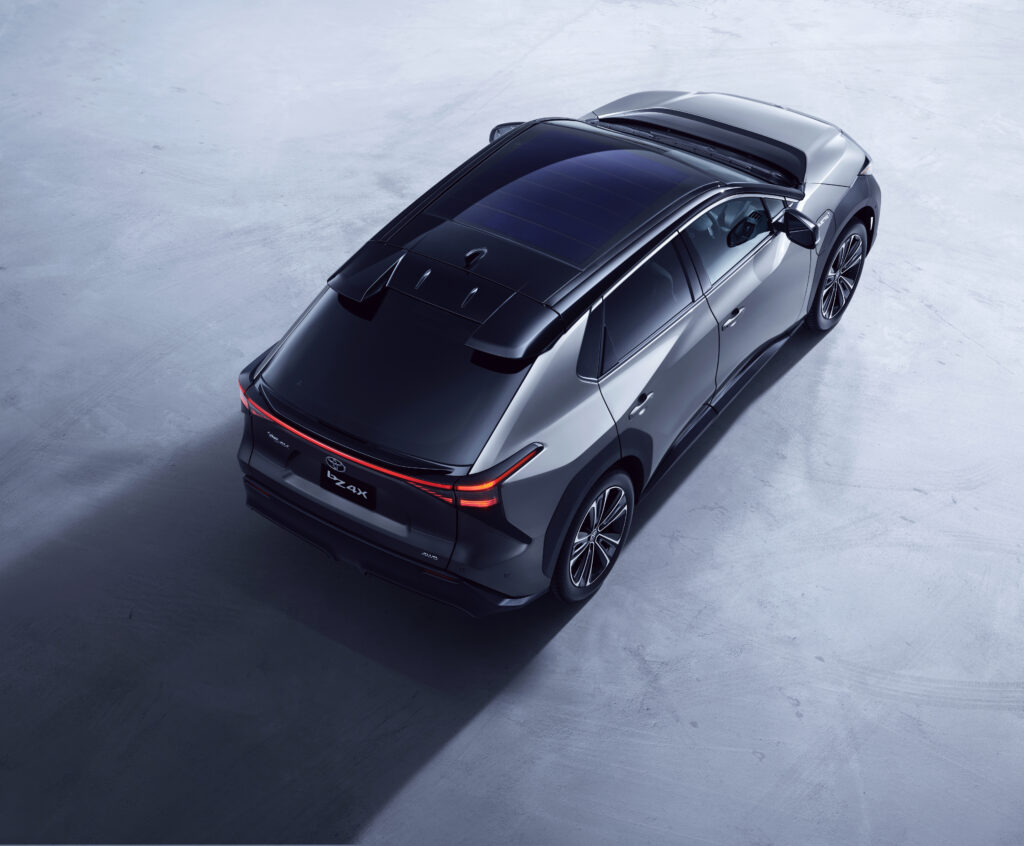
In a bold leap towards advanced electric vehicle technology, Toyota is set to launch its first fully electric car equipped with an advanced autonomous driving system in 2025. This groundbreaking model, the Bozhi 3X SUV, will debut exclusively in China, marking a pivotal step in Toyota’s strategy to regain its competitive edge in the rapidly evolving EV market.
Toyota is set to introduce the Bozhi 3X SUV, their first vehicle featuring advanced autonomous driving assistance for navigating highways, urban traffic, and providing parking support. A nice feature for people who hate paralel parking. The manufacturer will develop the system in colaboration with Momenta Global, a leader in autonomous driving software, which has also partnered with prestigious brands like Mercedes-Benz.
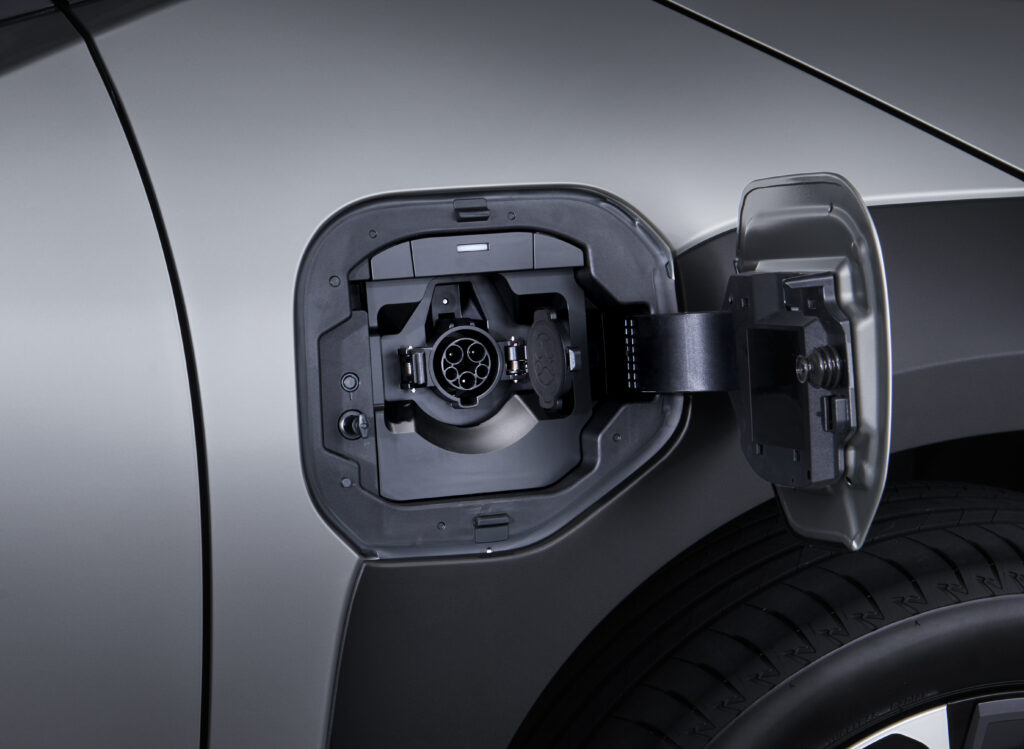
Technical Insights and Market Strategy
The Bozhi 3X SUV will feature Momenta’s advanced automated driving technology, designed to handle complex driving scenarios with ease. This partnership aims to elevate Toyota’s position in the competitive Chinese market, where advanced driving assistance systems are becoming increasingly sought after. It’s not like we don’t want them over here, but it seems that China is the market where they’re most popular.

Toyota’s move to introduce the Bozhi 3X SUV is part of a broader strategy to enhance its technological footprint. In addition to working with Momenta, Toyota is partnering with Huawei to integrate advanced in-vehicle operating systems. The collaboration aims to launch a new electric sedan in China by 2025, further solidifying Toyota’s commitment to innovation in the EV sector.
Rivals and Market Position
While Toyota has been trailing behind in the EV race, this new development signifies a robust attempt to catch up. The Bozhi 3X SUV will place Toyota in direct competition with other automakers offering autonomous driving capabilities, such as Tesla, Ford, and General Motors. Tesla, for instance, recently received provisional approval to launch its Full Self-Driving technology in China, highlighting the competitive landscape Toyota is entering.
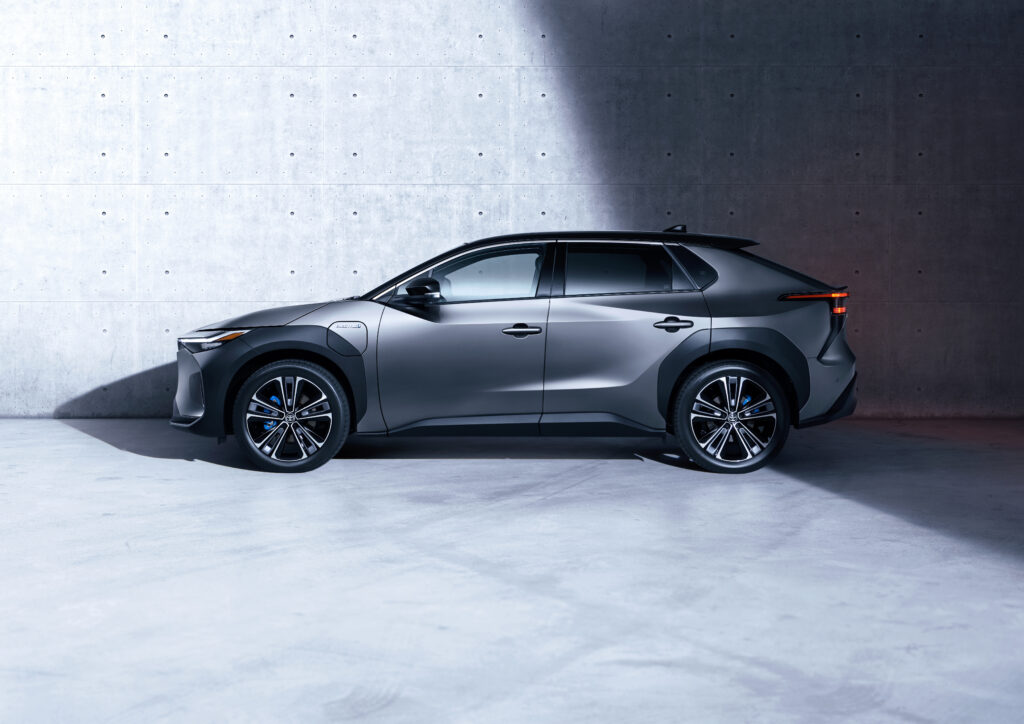
Despite its global stature, Toyota has faced declining sales in China, ranking fifth in car sales in the first four months of this year with a 22% drop compared to the same period in 2023. By launching the Bozhi 3X SUV with advanced autonomous features, Toyota aims to regain its market share and demonstrate leadership in innovative automotive technology.
Toyota dominated the ICE vehicle segment and at this pace, they’re probably going to take over the EV sector as well.
Toyota’s Multi-Pathway Approach
Toyota’s recent decisions reflect a broader strategy known as the “multi-pathway” approach. This strategy involves investing in a range of technologies to reduce emissions rather than focusing solely on electric vehicles. In addition to developing EVs, Toyota has partnered with Mazda and Subaru to create new gasoline engines for hybrids and plug-in hybrids. This approach allows Toyota to cater to different markets and consumer preferences, ensuring that they have a wide array of options to offer.
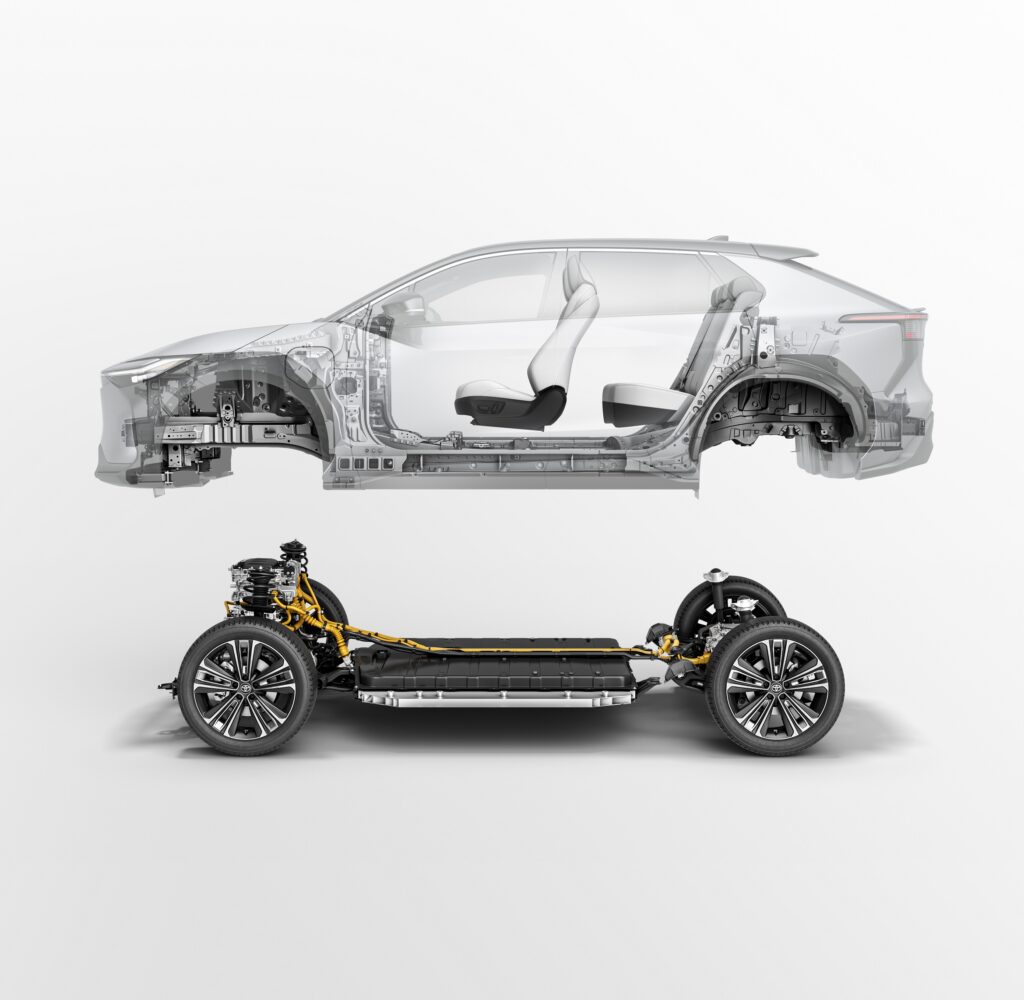
The Bozhi 3X SUV is part of this diversified strategy, blending cutting-edge autonomous driving technology with electric power. By integrating these features, Toyota not only caters to the growing demand for EVs but also positions itself as a leader in automotive innovation.
Future Prospects and Global Expansion
The Bozhi 3X SUV is just the beginning of Toyota’s ambitious plans. Following its launch in China, there is potential for the vehicle to make its way to other global markets. The success of the Bozhi 3X SUV in China will likely influence Toyota’s strategy for introducing similar advanced autonomous driving features in other regions.
Moreover, Toyota’s collaboration with Momenta and Huawei indicates a strong commitment to leveraging the latest technology in their vehicles. This partnership is expected to bring more innovative features to Toyota’s future models, enhancing their competitiveness in the global market.
The Iron Phosphate Lithium Battery Advantage
One of the most exciting aspects of Toyota’s future plans is the introduction of the iron phosphate lithium battery. Slated for rollout between 2026 and 2027, this battery technology promises to significantly lower production costs. By reducing the cost of the bZ4X EV by 40%, Toyota aims to make electric vehicles more affordable for a larger audience. This move is crucial in a market where cost is a significant barrier to EV adoption.
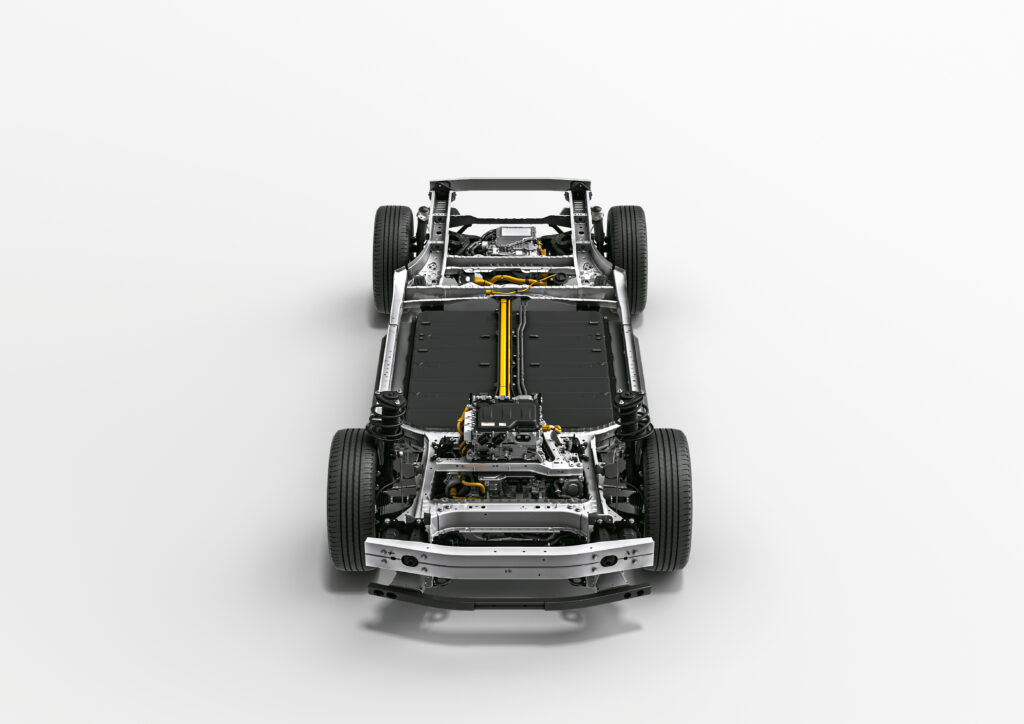
Iron phosphate lithium batteries are known for their safety, long life cycle, and environmental benefits. These batteries do not use cobalt, which is a costly and ethically problematic material. By eliminating cobalt, Toyota can produce batteries that are not only cheaper but also more sustainable. This aligns with Toyota’s commitment to reducing its environmental impact and promoting sustainable mobility solutions.
Overcoming Challenges and Looking Forward
While the Bozhi 3X SUV represents a significant step forward, Toyota faces several challenges in implementing its ambitious plans. The company’s recent decline in sales in China highlights the competitive nature of the market. However, Toyota’s strategic partnerships and commitment to innovation position it well to overcome these challenges.
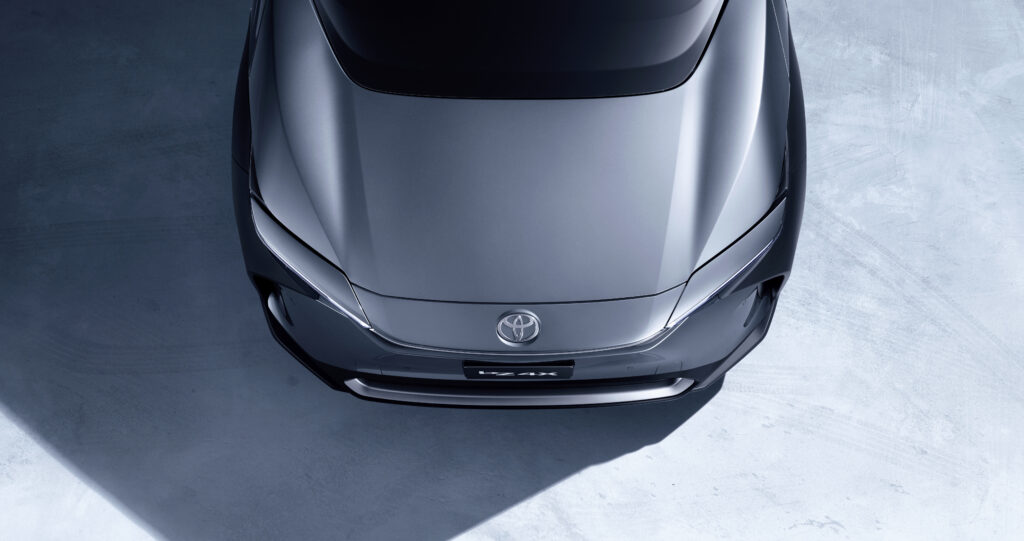
The introduction of advanced autonomous driving features in the Bozhi 3X SUV is a bold move that could redefine Toyota’s presence in the EV market. By offering a vehicle that combines state-of-the-art technology with practical functionality, Toyota is setting a new standard for electric vehicles.
Toyota’s introduction of the Bozhi 3X SUV in 2025 represents more than just a new model; it signifies the company’s renewed commitment to leading in the EV and autonomous driving sectors. With partnerships spanning across technological giants like Momenta and Huawei, and a focus on reducing production costs with new battery technology, Toyota is poised to make a substantial impact in the electric vehicle market. As the Bozhi 3X SUV prepares for its debut, it embodies Toyota’s strategic vision of blending cutting-edge technology with practical, everyday utility, marking an exciting new chapter for the automaker.

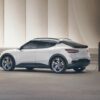

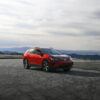

I am into the over the 60+ crowd andolder people are quite rebellious to give up their cars and independence. Older people who have planned well for retirement have more disposable cash. I am hoping for a fully autonomous vehicle where you tell it where you want to go and lay down and go to sleep. This would reduce accidents & provide the elderly a longer period of independence. Varied sensor tech other just cameras (Tesla) will be essential as well as comunication between vehicles ( a uniform standard). Hopefully we get there within 10-15 years.